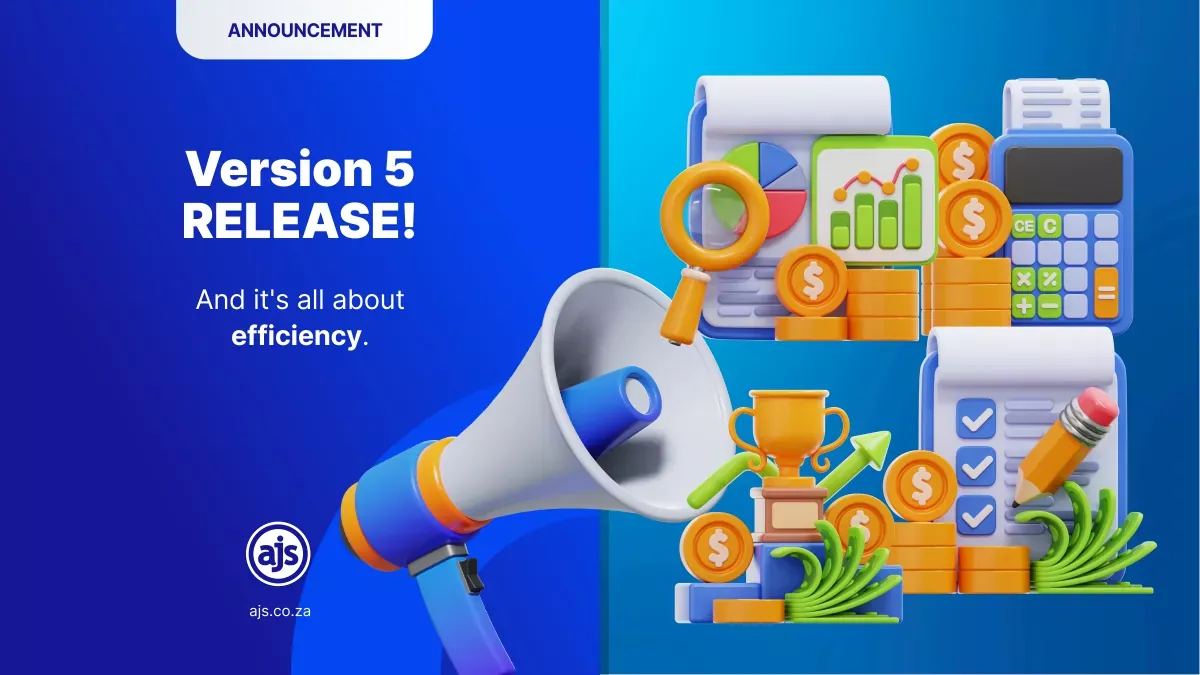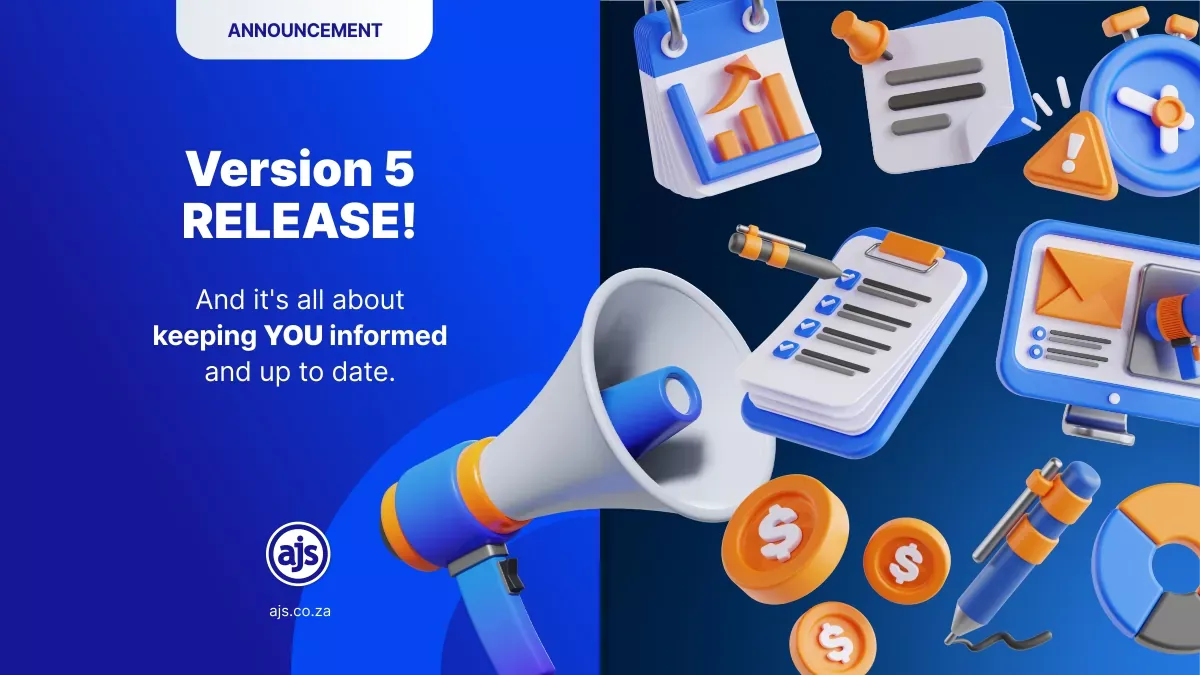
THE TECH SERIES
AI and Chatbots
With the way the world is moving, all businesses are seemingly required to get up to speed with innovative technology to ensure that they can run optimally, effectively, efficiently and at a reduced cost.
Given the pressure placed on all businesses by their clients wanting partners to be forward thinking, the topic of artificial intelligence inevitably come to the fore. Embracing Artificial Intelligence (AI) (and therefore chatbots) seems unavoidable. Especially for lawyers.
Remember – innovative, forward-thinking technology is a tool with which we can do what we need to do, more efficiently, at a quicker pace, offering better security all at a reduced cost.
We therefore hope that this article on AI and chatbots will shed light on what it is, how it works and how it can benefit your practice.
Without further ado –
ARTIFICIAL INTELLIGENCE IS ALREADY BEING USED
As a legal tech company, we have always supported the belief that menial and labour-intensive tasks can (and should) be automated to allow lawyers and their administrative staff to hand over this work to an automation tool freeing up their time to do the more important stuff.
AI has (as we intimate above) already arrived in many law firms. It is already being used. This isn’t “tech of the future” – AI is tech of today.
And it is optimising how legal practices are being run.
ROBOT LAWYERS
All this talk of AI inevitably makes on think of robots and robot lawyers stealing jobs away from human lawyers. Once again, not science fiction and “tech of the future”. Robot lawyers are already here. Just take Robot Lawyer Lisa or DoNotPay as two prime examples.
“LISA” is touted as being –
“the world’s first impartial robot lawyer. LISA’s AI technology enables you to create legally binding agreements with another party, together, helping you both find a middle ground as quickly and cost effectively as possible.”
DoNotPay helps everyday people, who don’t necessarily have the time nor the budget to seek the assistance of a human lawyer, to attend to small claims and parking fines. DoNotPay uses a chatbot to gather info on a problem and then suggests what is the best legal language to use to address it. The app was originally developed by Joshua Browder as a way to contest parking fines (which he had come accustomed to getting and decided to fight against) saying that –
“If you know the right things to say, you can save a lot of time and money.”
Considering the range of issues DoNotPay (as an example) can deal with and the extent to which lawyers are able to utilise AI, the use-case becomes extremely compelling.
And this compelling notion was discussed in an article titled Would you let a robot lawyer defend you? –
“You might think human lawyers would fear AI encroaching on their turf. But some are pleased, as the software can be used to quickly trawl through and sort vast quantities of case documents.
One such lawyer is Sally Hobson, a barrister at London-based law firm The 36 Group, who works on criminal cases. She recently used AI in a complex murder trial. The case involved needing to quickly analyse more than 10,000 documents.
The software did the task four weeks faster than it would have taken humans, saving £50,000 in the process.
Lawyers using AI for assistance is “becoming the norm and no longer a thing that’s nice to have”, says Eleanor Weaver, chief executive of Luminance, which makes the software Ms Hobson uses.
More than 300 other law firms in 55 countries also use it, working in 80 languages.
“Historically you had a lot of [document checking] technologies that were no better than keyword searches, like hitting Control-F on your laptop,” says Ms Weaver. By contrast, she says that today’s sophisticated software can connect associated words and phrases.
AI is, however, not just helping lawyers sort through documentary evidence. It can also now help them prepare and structure their case, and search for any relevant legal precedents.”
The above goes a long way to advocate for the use of AI in a law firm. Saving massive amounts of time and resources to complete the most basic but time-consuming tasks. Yes please!
And it all starts with the use of chatbots.
LEGAL CHATBOTS
How do they work?
Lawtechnologytoday describes chatbots as using “pre-programmed phrases or AI algorithms to read and respond to customers via live chat.”
Going into more detail biggerlawfirm says –
“Chatbots use neuro-linguistic programming (NLP) to understand and respond to a range of questions on a given topic. While most computer applications require input to be very specifically formatted, NLP allows the user to act more like they are talking to a person.
This is not the artificial intelligence of science fiction that can have a convincingly human conversation on a wide array of topics. However, the sophistication of AI and the helpfulness of chatbots has advanced to the point where companies in many industries, from health care to finance, are beginning to employ them to free up humans for more demanding work.”
But what do chatbots really do?
Essentially, chatbots act as a “lead up” to a legal professional. The first point of call on a law firm’s website.
The chatbot will present a client with a few basic questions so that they can be directed to the right person within the firm. Freeing up human lawyers, administrative staff, and employees to attend to more demanding work.
Chatbots can undoubtedly be perceived as time-saving automation tools that are available 24/7.
And that’s the crucial bit right there.
Because for lawyers who are not available 24/7 themselves (because they are human beings and need to rest), the little chatbot can field questions to the right individuals – giving clients and potential clients the feeling that they are “always available”.
This, in turn, creates a very client centric experience. Because even though the answers provided by the chatbots are automated, they are instant. And that gives the reassurance to clients as well as to potential clients that they are being taken care of.
And in today’s economy that is crucial.
You may be thinking – This “little chatbot” is going to take my job. But that’s not the case.
Instead, think of these little chatbots as your “little helpers”, doing all the routine work for you. The result? Your schedule is free to attend to tasks that you really need to attend to.
What are the benefits of using chatbots?
Botscrew sets out the following benefits of using a chatbot (which we have summarised) as follows –
1. Being available 24/7 – there is an expectation that has been created that lawyers need to be available 24/7. Perhaps this was created by clients, perhaps by the lawyers themselves. But the result is – lawyers are seriously overworked and over-stressed. By implementing chatbots, you don’t literally have to dedicate every minute of every day to your clients. Chatbots can provide your clients with answers to basic legal questions and can conduct initial consultations. The result? Clients feel heard and looked after, despite not talking to an actual human lawyer.
2. Generate legal documents – chatbots chat to your clients, gathering all required information and documents (in a matter of minutes) allowing for the efficient generation of legal documents, reports, and legal briefs. Chatbots can also provide legal help and answer basic legal questions that a client might have during this process.
3. Review and analyse legal documents – lawyers spend many hours analysing data and reviewing documents, contracts, wills, and agreements. But chatbots can check the documents and rapidly give results in minutes. Effortlessly. Leaving lawyers to do the work they most need to do.
4. Increase lead generation – chatbots create a conversation that leads to conversion. Using natural real-time communication, chatbots increase lead generation by solving simple legal problems that people run into every day. And this, in turn, can convert into business (or a new client).
5. Automate lead qualification – while interacting with a potential client, a chatbot qualifies the lead by having a conversation to gather the required info for you. Instead of filling out forms, potential clients simply answer a few basic questions.
6. Perform due diligence – one of the most time consuming and monotonous tasks that lawyers perform are due diligences. Chatbots automate and speed up this process, carrying out broad investigations that includes reviewing tons of documents and asking plenty of questions to uncover background information creating full reports. All done in a fraction of the time it would take a human lawyer.
7. Accessing info -chatbots can rapidly scan enormous volumes of data to find an accurate and useful answer. They can quickly go over tons of info to provide relevant laws, specific regulation, or a similar legal case. By using chatbots attorneys can search through their database to find a related lawsuit in seconds.
WHAT DO WE SUGGEST?
Despite chatbots being an almost obvious choice, we always advise you to do your research. There are mounds of articles citing the benefits of chatbots and the best ones to use. We suggest reading articles found on iltanet, thread, botscrew, chatbotslife, and biggerlawfirm, for more info.
Having said all of that, using AI and chatbots starts by ensuring that, at the very least, you have the correct legal tech for your practice on which you can build your future service offerings.
If you have any queries regarding legal tech software or are interested in automation tools, please feel free to get in touch with AJS. We would be happy to address any concerns or queries you may have – always doing our utmost to keep abreast of and obtain the best of breed solutions for our clients and potential clients.
On that note – AJS is excited to be at an advanced stage of integrating AJS to a WhatsApp chatbot – once again ensuring that we always offer best in breed solutions. Watch this space!
To read more on AI and Robot Lawyers, read our article The Robot Lawyer.
– Written by Alicia Koch on behalf of AJS





Leave a Reply